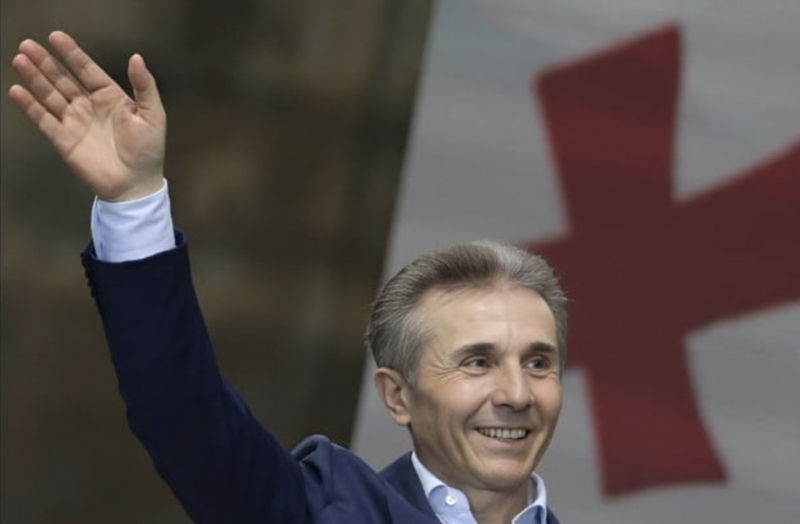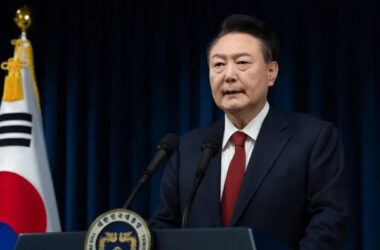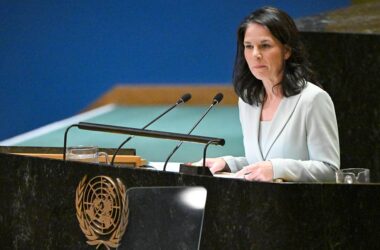The United States has slapped sanctions on Bidzina Ivanishvili, the billionaire founder of Georgia’s ruling Georgian Dream party and its de facto leader.
While not an elected official, Ivanishvili is often referred to as the party’s “honorary chairman,” wielding significant influence over its actions.
Secretary of State Antony Blinken didn’t mince words, accusing Ivanishvili and Georgian Dream of derailing Georgia’s “Euro-Atlantic future” and leaving the nation vulnerable to Russian interference. “We strongly condemn Georgian Dream’s actions under Ivanishvili’s leadership, including its ongoing and violent repression of Georgian citizens, protestors, members of the media, human rights activists, and opposition figures,” Blinken declared.
The Georgian Dream party, in power for 12 years, has faced allegations of election fraud following its recent victory. After quickly halting EU accession talks, the government sparked mass protests that have shown no signs of dying down. Opposition MPs have boycotted parliament, citing electoral manipulation, while protesters have clashed with riot police, who responded with tear gas and water cannons.
Outgoing President Salome Zurabishvili, a staunch pro-European advocate, has vowed to stay in office until new elections are called, despite plans to inaugurate Mikheil Kavelashvili of the People’s Power party—seen as a Georgian Dream ally—in just two days.
Blinken painted a grim picture of the situation, accusing the party of suppressing fundamental freedoms and empowering Russia, which occupies over 20% of Georgia’s territory. Echoing these sentiments, State Department spokesperson Matthew Miller underscored Ivanishvili’s control over Georgian Dream as a critical factor in the nation’s challenges.
The unrest has escalated since November when Georgian Prime Minister Irakli Kobakhidze announced a delay in pursuing EU membership until 2028, angering many pro-European citizens. The protests have drawn international attention, with the UK sanctioning five top Georgian officials, including the interior minister, for their roles in suppressing the demonstrations.
Adding to the criticism, the European Parliament recently passed a resolution condemning Georgia’s “worsening democratic crisis.” The resolution highlighted concerns over voter intimidation, vote-buying, and harassment of observers during the elections, further tarnishing the country’s democratic image.
With tensions high and protests persisting, Georgia’s political landscape remains as volatile as ever, with no clear resolution in sight.




